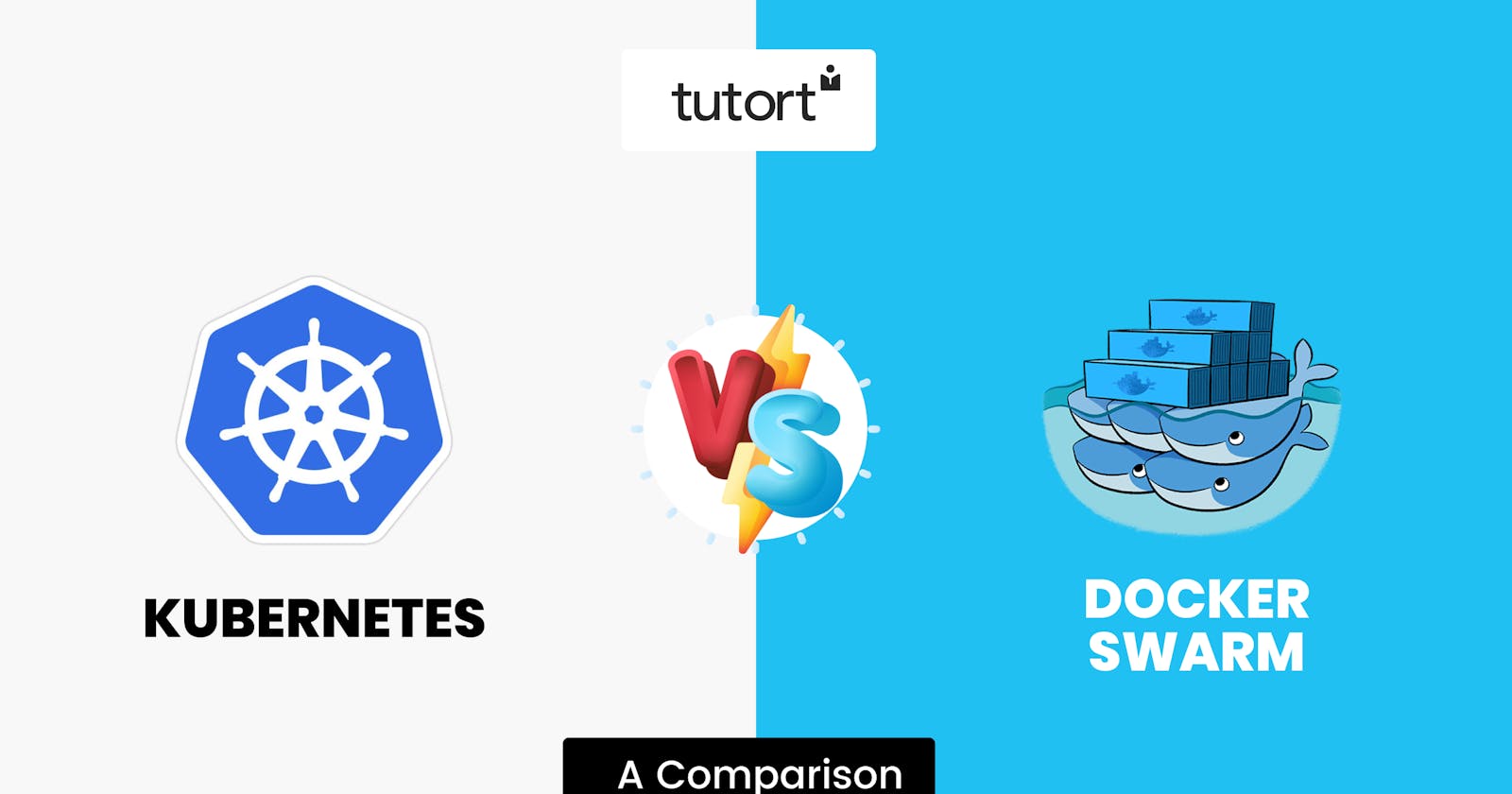The use of containerization technologies has become crucial for businesses to efficiently deploy and manage complex applications. Among the most popular container orchestration platforms are Docker Swarm and Kubernetes.
These platforms play a vital role in simplifying the management of containers and ensuring seamless application deployment.
In this article, we'll explore the differences between Docker Swarm and Kubernetes to help you make an informed decision based on your specific requirements.
Understanding Docker Swarm
Docker Swarm is an open-source container orchestration platform native to Docker. It is designed to orchestrate clusters of Docker engines, converting multiple Docker instances into a single virtual host.
A Docker Swarm cluster typically consists of nodes, services and tasks, and load balancers.
Nodes are instances of the Docker engine that manage the containers used to run services and tasks, and load balancing is used to route requests across nodes.
Advantages of Docker Swarm
Simplicity: Docker Swarm is known for its simplicity, making it well-suited for beginners entering the container orchestration world.
Lightweight: It is lightweight, providing a streamlined approach to container orchestration.
Seamless Integration: As Docker Swarm is native to Docker, it works seamlessly with existing Docker tools such as Docker Compose and provides automated load balancing within the Docker containers.
Intelligent Node Selection: It offers intelligent node selection, allowing optimal nodes in a cluster to be chosen for container deployment.
Docker Swarm Challenges
Limitations: Docker Swarm is strongly tied to the Docker API, which limits its functionality compared to Kubernetes.
Customization: Customization options and extensions are limited in Docker Swarm, which may not meet the needs of complex applications.
Scalability
- Docker Swarm: Offers quick and on-demand autoscaling of instances, providing faster reaction times for on-demand scaling.
Exploring Kubernetes
Kubernetes is a portable, open-source, cloud-native infrastructure tool initially designed by Google to manage clusters. It automates the scaling, deployment, and management of containerized applications. Kubernetes has a more complex cluster structure than Docker Swarm and benefits from valuable contributions from the global community.
Advantages of Kubernetes
Scalability: It can sustain and manage large and complex workloads, making it suitable for critical applications.
Community Support: It has a large open-source community backed by Google, offering broad community support and a wide range of available integrations.
Cloud Provider Support: It is offered by major cloud providers, supporting automatic scaling and built-in monitoring.
Feature-Rich: Kubernetes is feature-rich with built-in monitoring and supports automatic scaling, making it suitable for complex deployment scenarios.
Kubernetes Challenges
Learning Curve: Kubernetes has a steep learning curve and requires specialized knowledge to master.
Complex Installation: The installation process is complex, especially for beginners, and may require careful patching to keep the technology updated without disrupting workloads.
Scalability
- Kubernetes: Provides scaling based on traffic with built-in horizontal autoscaling, involving creating new pods and scheduling them to nodes with available resources.
Choosing the Right Platform
Both Kubernetes and Docker Swarm serve specific use cases, and the choice between them depends on your or your organization's current needs.
Docker Swarm is an easy-to-use solution for managing containers at scale, making it suitable for simple applications.
On the other hand, if your applications are critical and require monitoring, security features, high availability, and flexibility, then Kubernetes is the right choice.
Wrapping Up
In conclusion, the choice between Docker Swarm and Kubernetes is highly subjective and based on the desired results. Whether you opt for the simplicity of Docker Swarm or the robust features of Kubernetes, understanding the specific needs of your applications is crucial for making an informed decision.

